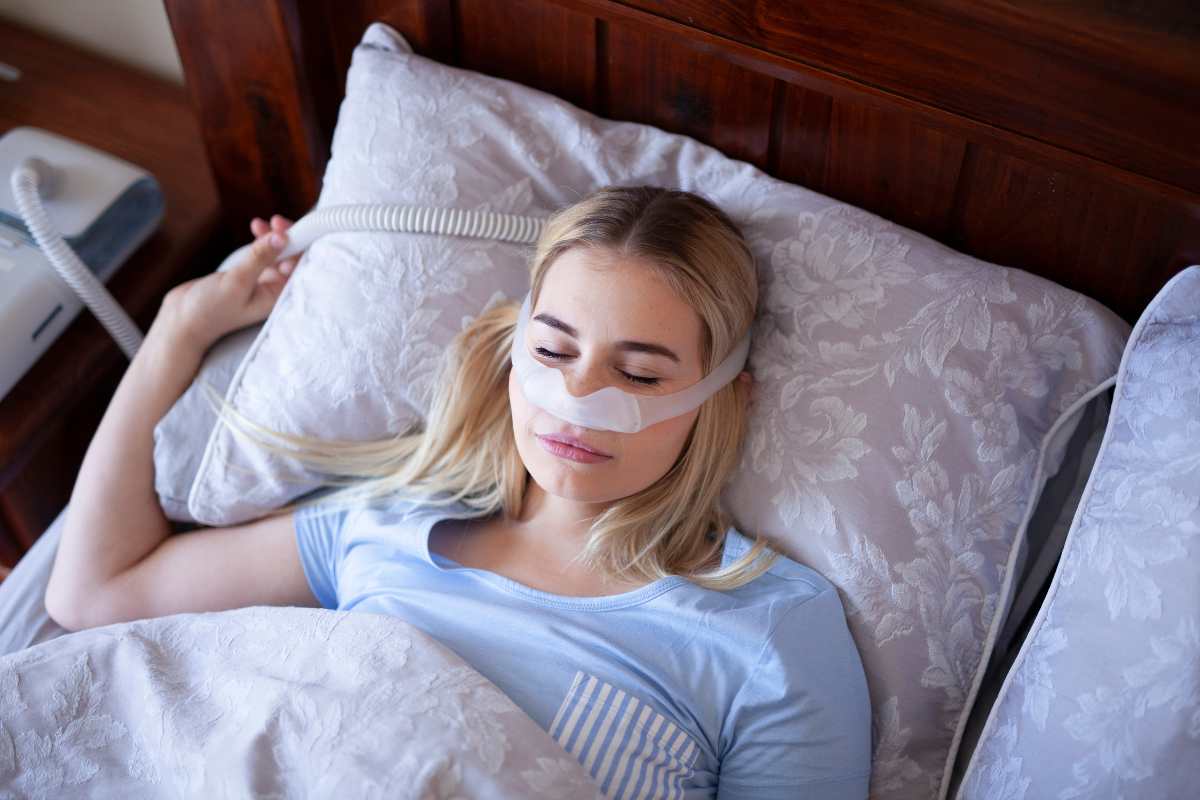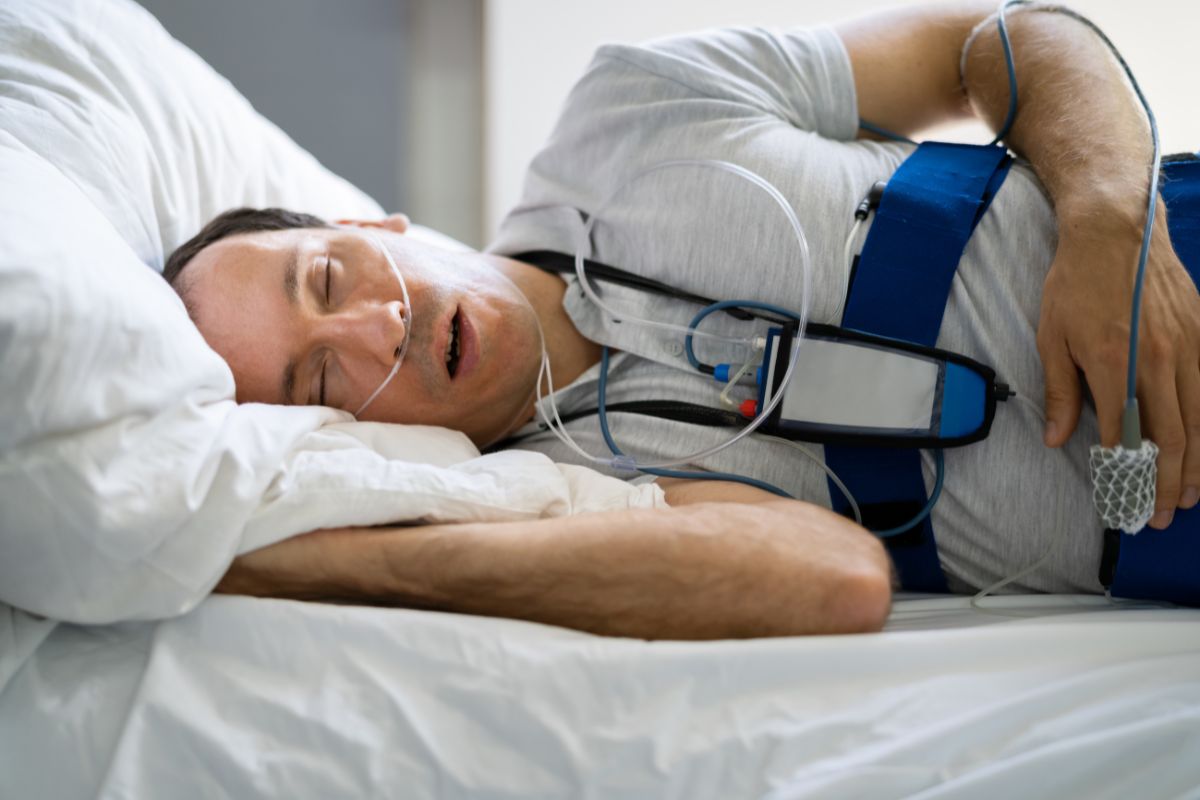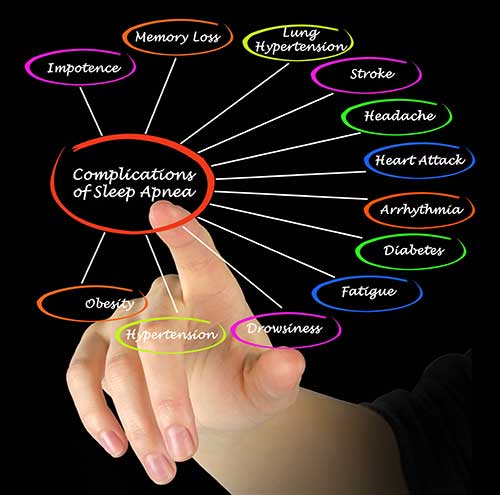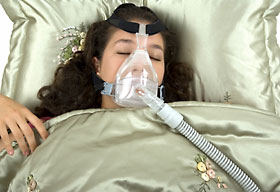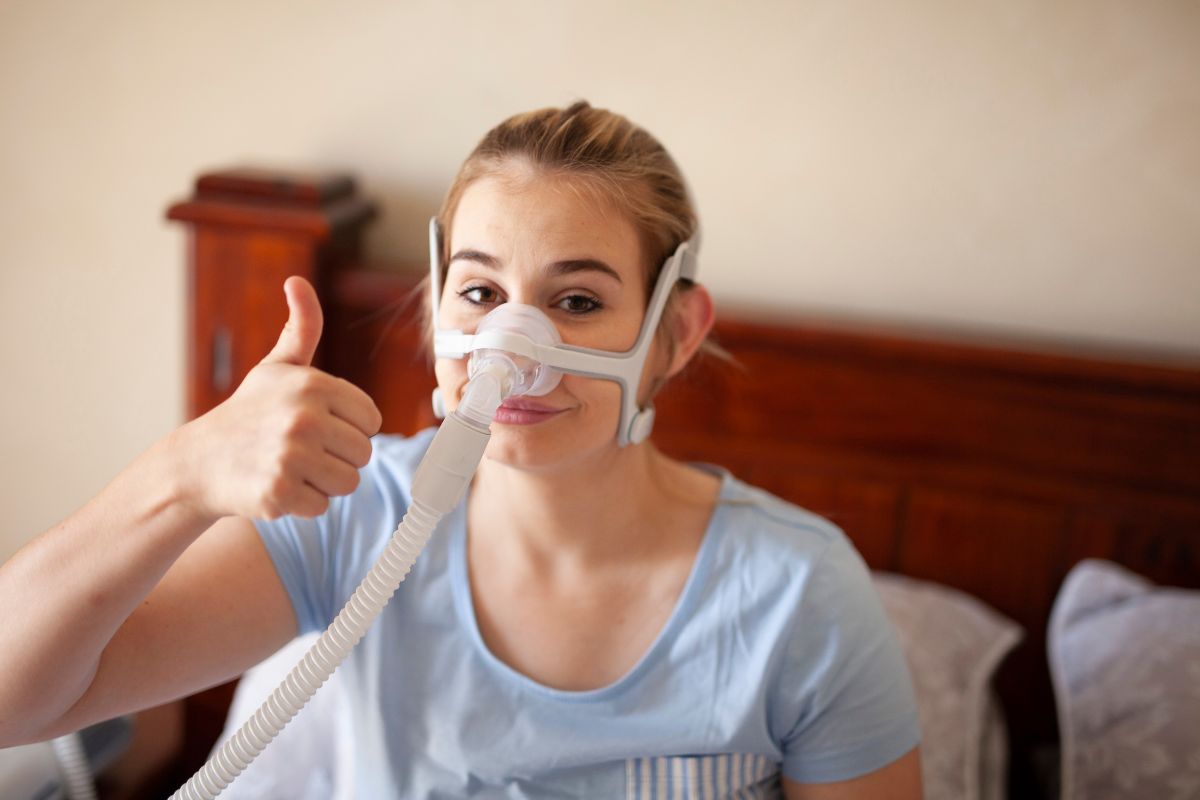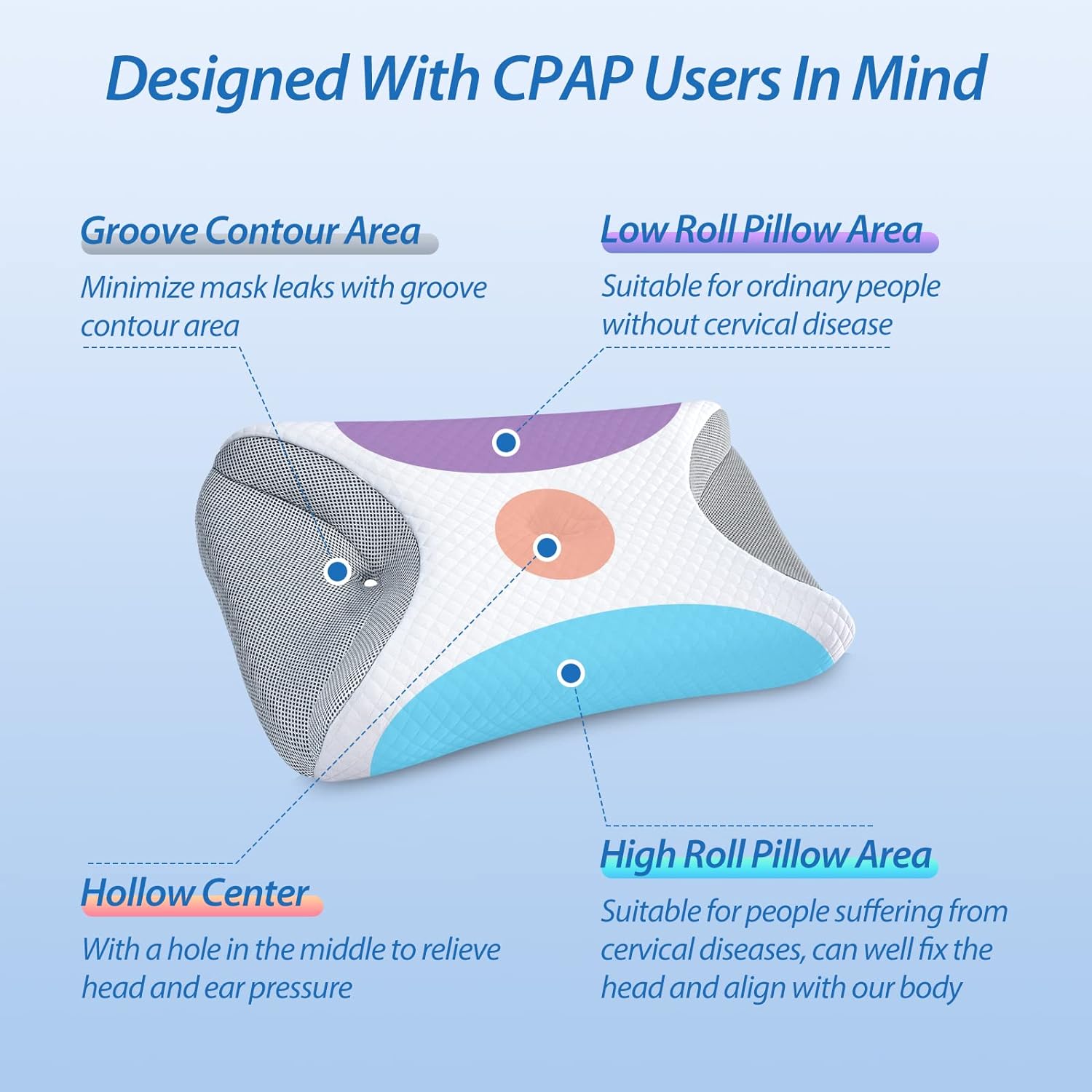Diagnosing sleep apnea can be a tricky proposition as you may not even be aware of some of the symptoms you display during sleep.
More often than not, it will be a loved one or bed partner who notices a problem. If left untreated, sleep apnea can have serious side effects and may affect your overall health, so if you or a loved one do suspect that you have it, you should talk to your doctor about it.
Your primary care physician may be able to make the diagnosis or may refer you to a sleep disorder specialist, such as a lung or nerve specialist or an ear, nose and throat doctor. Diagnosis begins by considering your family history. Often, sleep apnea runs in families so your doctor will want to know if anyone else in your family has had the condition.
Aside from family background, your doctor will also need to know about your sleep habits. He may even ask you to keep a sleep diary for a week or two to record when you go to sleep, wake up and take naps and if or when you find yourself feeling sleepy during the day. Another important factor in diagnosing sleep apnea is determining how often and how loudly you snore or make gasping sounds in your sleep.
The next step will be a physical exam. Most adults with sleep apnea have an enlarged uvula, the piece of tissue that hangs from the middle of the back of your mouth. They may also have an enlarged soft palate, which is the roof of the mouth at the back of the throat. Your doctor will carefully examine your mouth, nose and throat for these or any other physical abnormalities that may contribute to the condition.

A home monitor for diagnosing sleep apnea
A home monitor works exactly the same way for diagnosing sleep apnea but allows for the comfort of sleeping in your own bed, which some patients prefer. Again, various vital signs are collected and your doctor will review them and make a diagnosis and suggestion for treatment. Fortunately, sleep apnea is easily treated, usually with the use of a CPAP machine, but proper diagnosis is required before treatment can begin.
There is no reason to let sleep apnea negatively affect your health. If you or a loved one suspect that you might be suffering from sleep apnea, talk to your doctor right away so that you can begin the steps to get a proper diagnosis. The sooner you begin treatment, the sooner you’ll be able to breathe easier and get the rest you need.

Diagnosing Sleep Apnea With A Sleep Study
Aside from these initial steps, the main method for diagnosing sleep apnea is with a sleep study. Sleep studies can either be conducted in a controlled medical environment or at home. In either case, the process involves having several sensors attached to various parts of your body including the scalp, face, chest, limbs and one finger. Then you simply go to sleep at your normal time and the sensors record various physical responses while you sleep.
Sleep studies will record things such as brain activity, eye movements, heart rate and blood pressure, all of which can give doctors a good idea of whether you have sleep apnea. If the doctor already suspects sleep apnea, he may decide to do a half and half test, with half the night spent recording your vital statistics and the other half seeing how you respond to the use of a continuous positive airway pressure (CPAP) machine in order to find the best level for you.
A home monitor for diagnosing sleep apnea
A home monitor works exactly the same way for diagnosing sleep apnea but allows for the comfort of sleeping in your own bed, which some patients prefer. Again, various vital signs are collected and your doctor will review them and make a diagnosis and suggestion for treatment. Fortunately, sleep apnea is easily treated, usually with the use of a CPAP machine, but proper diagnosis is required before treatment can begin.
There is no reason to let sleep apnea negatively affect your health. If you or a loved one suspect that you might be suffering from sleep apnea, talk to your doctor right away so that you can begin the steps to get a proper diagnosis. The sooner you begin treatment, the sooner you’ll be able to breathe easier and get the rest you need.


